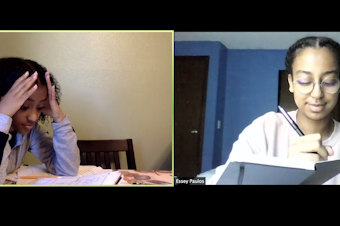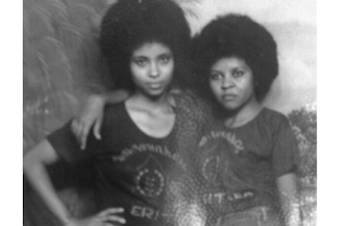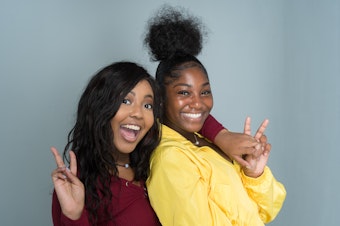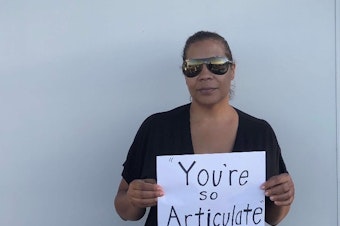Mimi Zekaryas
Stories
-

For students of color, Covid-19 reveals deep inequities in Seattle area schools
High school looks different this year for most students: classes on Zoom, drive-through graduations, social distance birthday parties, skipped proms. But some students have more pressing worries as classes move online. How do you make the switch to online learning when you don’t have wifi at home? RadioActive’s Mimi Zekaryas and Essey Paulos look at the education gaps between white students and students of color, as well as schools in wealthy areas and those where most students come from low-income households.
-

My aunt was 16 when she ran off to join the Eritrean Liberation Front
The Eritrean War of Independence started in 1961 and lasted for 30 years, until the Eritrean People's Liberation Front defeated Ethiopian forces in 1991. Nearly one-third of all soldiers in the Eritrean People's Liberation Front were women, including my relative, Akberet Asfaha.
-

Dark-skinned girls and the struggle to feel beautiful
Colorism isn’t just another term. It is an experience. In the black community, dark-skinned girls and women are often seen as less desirable than their light-skinned counterparts. After being constantly told that they are “too dark” or seeing only fair-skinned women be considered beautiful in their communities, dark-skinned girls often struggle to feel beautiful growing up.
-

How we realized we needed to question other people's biases
Everyday we encounter things we don’t question and just accept. Things like stop signs: why are they octagons? And fire trucks: why are they red? At...